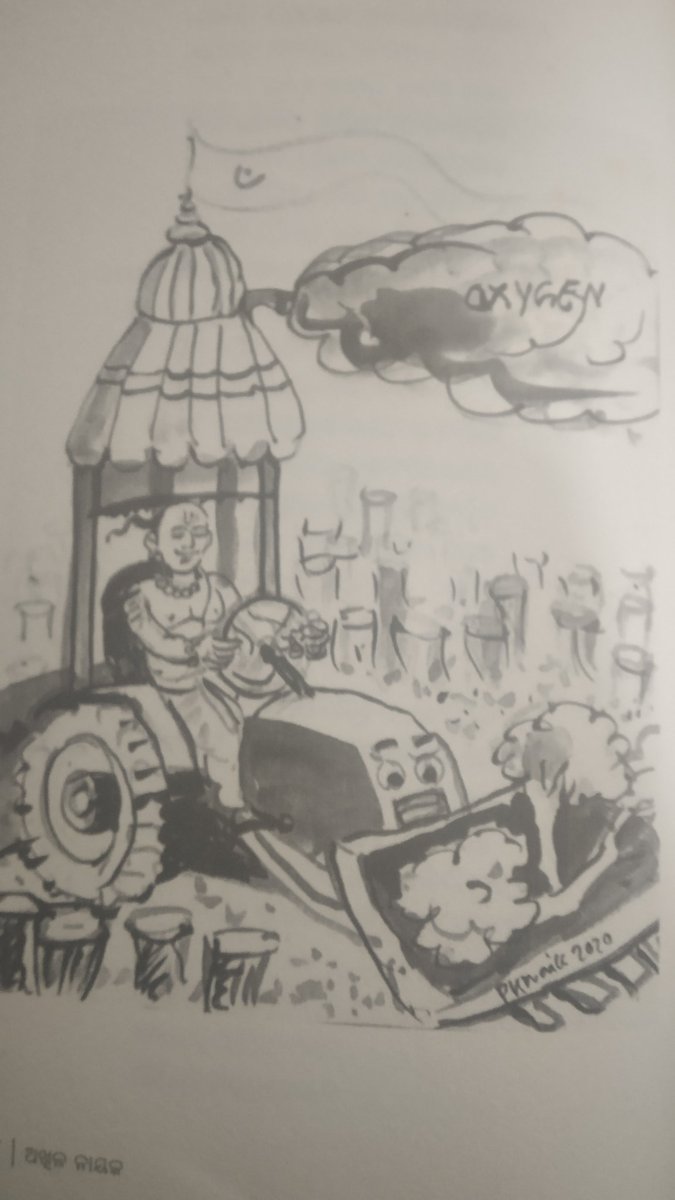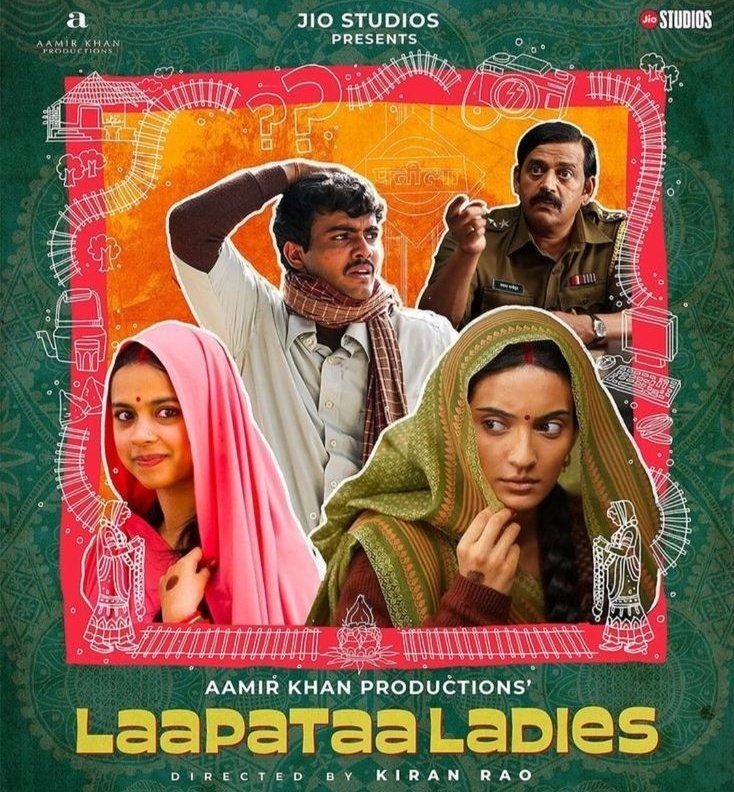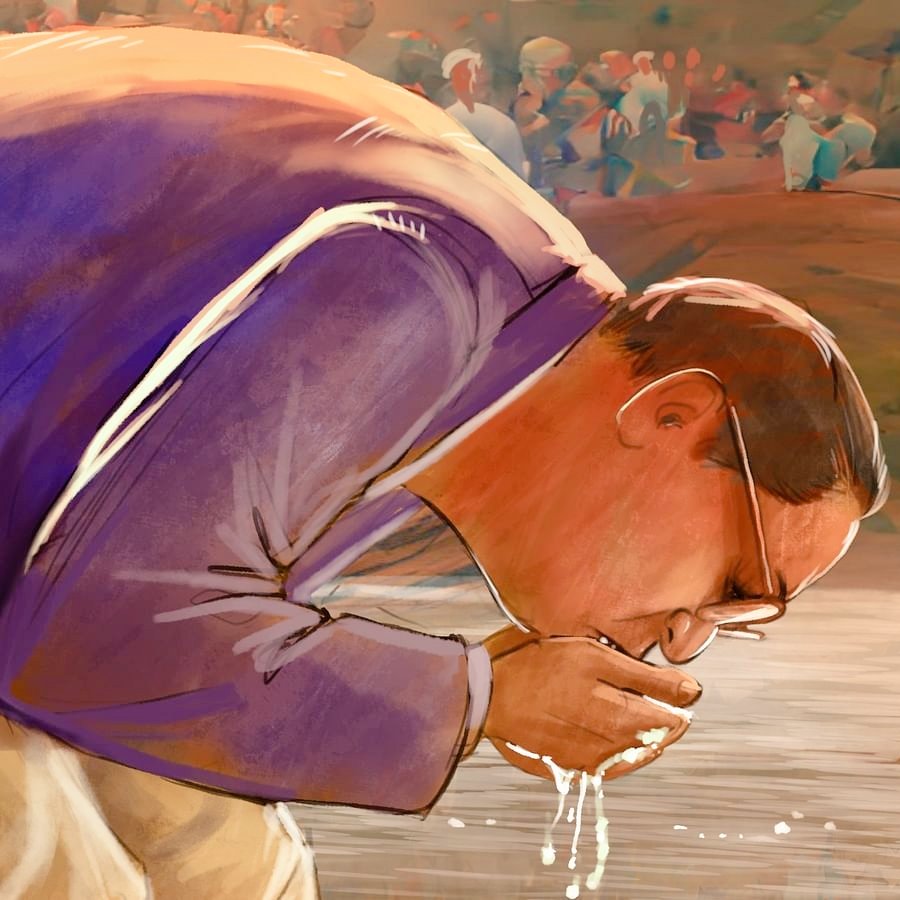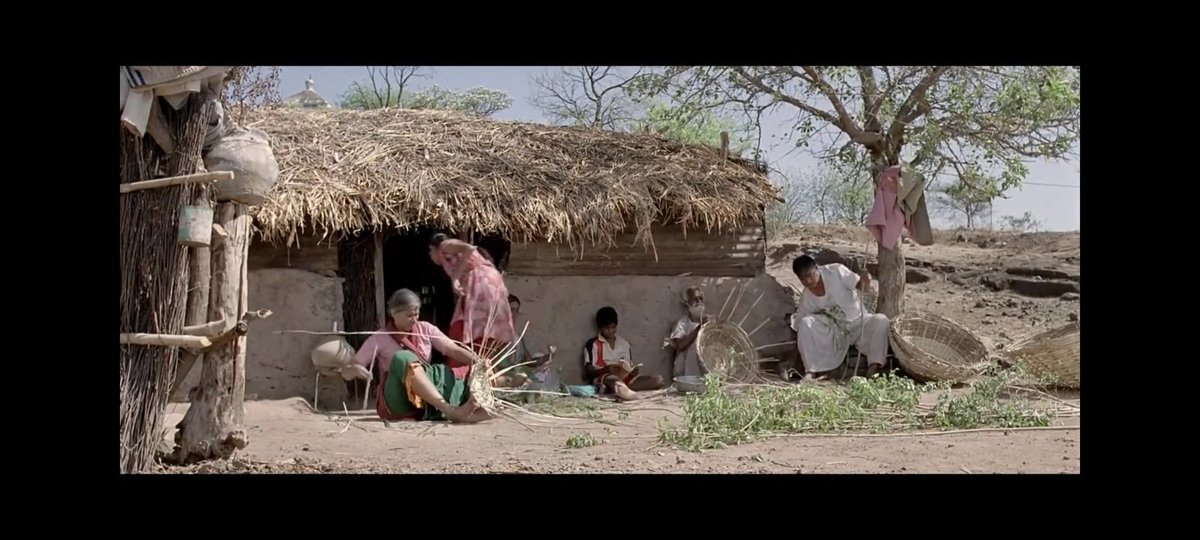Let's honor the legacy of Akhila Naik on his birthday by celebrating his contributions as a courageous Dalit poet, author, & activist. Throughout his life, he fearlessly stood up against the oppressive forces of Brahminism & crony capitalism. 

He (born in march 13, 1970) spent his childhood and youth in a remote village Rainguda in Odisha's Kalahandi district. His father was a schoolteacher and his mother was an educated housewife. It was a lower-middle-class family, which did not have to struggle for food, clothes,… twitter.com/i/web/status/1…
He was from the Dom community ( A Dalit community in Odisha). The place where he lived was called Dompada. And the place where the so-called upper-caste people lived was called Bhalpada (good neighbourhood). People of Bhalpada were called Bhallok (good people), and those of… twitter.com/i/web/status/1… 

He was a victim of the caste system, was compelled to live an oppressed life. Only when he went to university did he read the writings of Jotiba Phule, Bhima Bhoi, B.R. Ambedkar, and other Dalit leaders. Going through their writings, he began to understand his subjugated self… twitter.com/i/web/status/1…
He started writing at the age of thirteen or fourteen-poems about social and ecological issues of the region where he lived. When he sent some of his poems to the local newspapers for publication, they instantly got published. This encouraged him to write more poems, all of which… twitter.com/i/web/status/1… 

His first collection of poems came out the same year he wrote his post-graduation examination. With the first collection, there began a discussion among readers on the 'newness' of his poetry. Thereafter, many other anthologies were published. His published poetry collections are… twitter.com/i/web/status/1… 



So far as mainstream Odia poetry circle was concerned, he was recognized as a distinct poet. But many criticized his poetry when it turned radical, anti-brahminical and anti capitalist. They criticised his use of Dalit and Adivasi vocabulary which was not easy to understand for… twitter.com/i/web/status/1…
Akhila Naik himself was a student of Odia literature and he was a professor of Odia in government autonomous college, Kalahandi. So the inclusion of Dalit and Adivasi vocabulary in his writing was a concious choice. He was also among the few poets who wrote revolutionary poems… twitter.com/i/web/status/1… 

Upon leaving his village to study in a town for the first time, he encountered discrimination both within and outside the campus. Privileged caste students within the campus ridiculed his language and dressing style, sometimes even bullying him with Casteist slurs.
He spent a week searching for accommodation outside the campus, but was unable to find one due to his caste. Eventually, a Dalit boy came to his aid and helped him secure a room. However, he never revealed how he managed to survive that week without a room.
His poetry is regarded as the highest form of literature among Dalit communities of Odisha. In 2008, he wrote a novel titled BHEDA which was published by Paschima publications. He finished writing it in a fortnight. The incidents described in the novel had lived in his blood for… twitter.com/i/web/status/1… 

Akhila Naik passed away on 14th November 2021 and his last rites were performed according to Buddhism. Through his actions, he impacted the entire village and served as a model for future generations of Dalits.
• • •
Missing some Tweet in this thread? You can try to
force a refresh
















